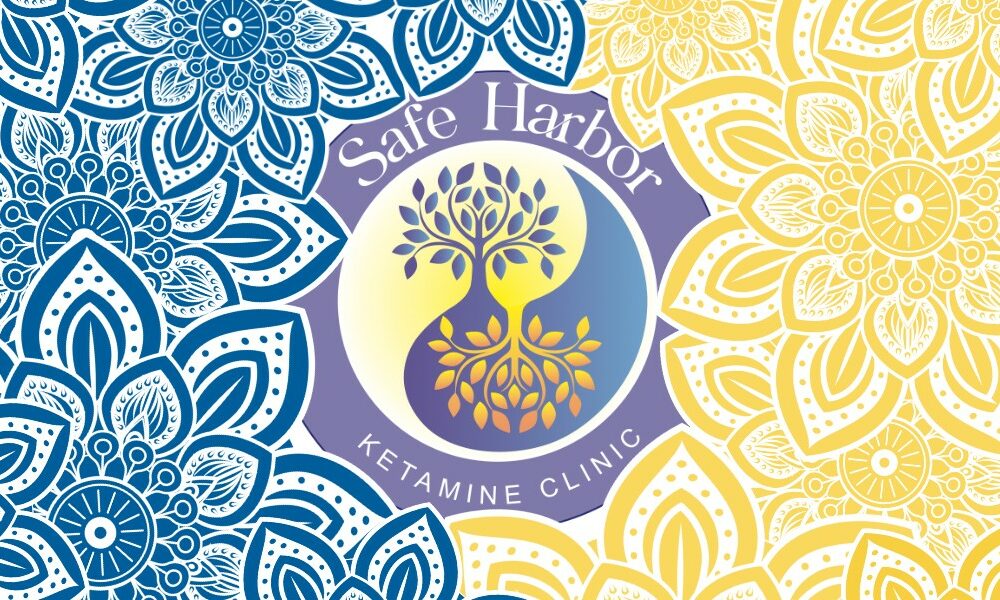

Today we’d like to introduce you to Kimala Pyne and Rachel Lam.
Hi Kimala and Rachel, we’d love for you to start by introducing yourself.
Kimala Pyne: Hello, my name is Kimala Pyne and I am the Founder and Owner of Safe Harbor Ketamine Clinic.
Rachel Lam: And I am Rachel Lam, Director and Lead Ketamine Guide.
Kimala Pyne: Thank you for taking the time to interview us, and for your interest in our Clinic. We are happy to be here.
This journey started when my oldest son, Chris, died by suicide on February 15th, 2021, and I had a mental breakdown of numbness. I couldn’t find my way through all the different emotions and I was trying to maintain a balance of working, grieving, and making sure that everyone else in the family was okay. No one was helping me – they all drew into themselves and relied on me to help them. But I could barely maintain simple daily tasks, like showering and taking care of myself in the most basic ways. I had worked so hard to pull my life together in the 5 years prior to my son’s death. I was a smoker for over 40 years, did drugs, and had spent time in prison. I overcame so much, and now here I was. I could barely handle each day.
My son’s death forced me to slow down and almost stop living. I didn’t have the energy to live in the moment, or the future. Then, when the pain of his loss hit me, it was just too much to handle. I could hardly bear living at all. But this experience forced me to start living in the moment. I saw what I was finally meant to do. In the middle of all this pain and loss, I found my passion.
I started undergoing Ketamine-Assisted Psychotherapy (KAP) to try to heal and get better. In that process, something new began to happen inside of me. My KAP experiences showed me compassion and forgiveness, not just for others, but for MYSELF! I had never known how to show myself compassion. I had not known how to forgive myself for all of the hardships and the tough decisions. I had beautiful, spiritually guided sessions, and they helped me to change many behaviors that had held me back in life. In the past, I had barely hung onto jobs because I was always living in “fight-or-flight” mode. My behaviors were reactive, and I was hyper-vigilant. It was exhausting. KAP helped me see this, and gave me the openness and motivation to live differently.
Rachel Lam: I was Kimala’s KAP guide. She was raw from grief when I started to work with her. I could see her pain, not only from the recent loss of her son, but from her past. We had a very special connection – as Kim mentions above, her sessions were very spiritual. Not because of me, but because of the connection we had together. I saw parts of her that were tender and wounded, and I was divinely led to show her nurture, acceptance, and love. We started off in one clinic and by the fifth session, things started to go badly there and it affected her session greatly. We lost touch for a while, about six months. And then, her old therapist contacted me and asked me to check on her. I got her number again and reached out. We decided to meet for lunch, just to chat and to catch up a little. Within the first 10 minutes, we were crying together. She was still struggling in her grief. I could feel her hurting. She eventually decided to try KAP again, and we embarked on the next leg of her journey with ketamine.
Kimala Pyne: I had another 5 sessions with my Guide, Rachel. It was a different experience, in a more medically-focused clinic. My sessions were still beneficial, but certainly less than desirable. I KNEW there were things that could be changed to make the KAP experience better. This thought stirred in me for a while and I told Rachel one day, “We’re going to run a ketamine clinic together.”
Rachel Lam: I remember the phone call when Kimala told me she’s going to start a clinic. I was taking a walk outside, it was late Fall and I remember being cold. But I took an extra long walk on the phone that day, because she was so excited. She had made some comments prior, about how we could do this [KAP treatment] better than what she was experiencing. But this time, she was serious! I knew this call was somehow different. She meant it, and she was going to make it happen. I told her, “I’m in!”
Kimala Pyne: It started to feel real when I secured a location for the clinic. I called Rachel and said, “I got a place! We’re doing this!” And she was all for it. In July 2022, we began building. She helped me execute the vision – a safe haven for anyone who needs help, and I wanted no one left behind. We built a ketamine clinic that would center each client’s unique needs for healing. We aimed to provide nurturing care and emotional support to help with processing of life trauma, build life skills, and educate people about the mind-body-spirit connection. I decided to call it Safe Harbor.
I was also running another business and my business partner and co-creator, Spencer Barton, joined me in taking on the clinic. We were running two businesses at the same time, which felt a bit insane! We decided to divide and conquer, so we did.
After we brought on our Nurse Practitioner, Rachel started taking on new clients for ketamine treatment and at that point, I knew we would need an office manager.
Ashley Robinson, who ran the administration and creative department at my other business, joined our team as our Head of Administration and we were able to hit the ground running. Once Ashley joined the team at Safe Harbor, she set up the Administration Department, and took on the roles of both HIPAA Privacy Officer and HIPAA Safety Officer. She implemented all of our business processes and systems and manages the clinic’s day-to-day operations. As a woman with many talents, she also designed our website, business cards, and is currently working on creating wall art that will be featured inside the clinic. Ashley continues to add to the clinic’s administrative processes, creative endeavors, and aesthetic, and provides empathetic, compassionate, and kind-hearted energy to our clients and staff.
I designed our ketamine rooms, outfitted with LoveSacs, dim lighting, beautiful art and colorful images, massage chairs… I wanted it to feel comfortable like home, not the bland, sterile medical clinics with gray walls that I had been to before. I relied on Spencer a lot in the beginning; he had more experience in setting up a business. But I also learned a lot on my own, as I came to find out that starting a medical clinic had its own set of rules and regulations! It was overwhelming at first. We all worked together, and just seemed to know what steps to take next. All the right people came along to help us make it complete. And we are still working on that part! Always trying to improve and connect with what our clients need throughout their journeys.
Our goal is to build our clientele base, and help as many people as possible find healing. Eventually, I want to expand into rural areas of Utah where people don’t have access to this kind of treatment, and suffer in silence because of it. I want no one left behind!
I NEVER thought my life could go where it is today. Starting this clinic, with my now very dear friend Rachel, was a calling. When I think over the past year and a half, I can clearly see now that I was being guided by the universe; DIVINELY guided.
We all face challenges, but looking back would you describe it as a relatively smooth road?
Kimala Pyne: We definitely had our struggles getting started. Rachel had come from the care aspect of doing ketamine work, not the business aspect. And I had experience in business, but not in mental health care. We worked together to figure out how to get properly licensed, implement the proper safeguards, dot our i’s and cross our t’s, so to speak. Ashley became trained in HIPAA Privacy & Safety Compliance and we all worked together to make sure things were starting out on the right foot. Other pieces seemed to fall into place as we got going. A friend who is a graphic designer, Merri Ally Platt, offered to create a logo for us. People were interested and started reaching out to me, and then opportunities to seek funding started to appear. We were able to get started with a small clientele base, just from people crossing both Rachel and I’s paths at the right time. We are looking ahead now, planning to get the word out about us, and grow our clientele and staff as the need arises.
Appreciate you sharing that. What should we know about Safe Harbor Ketamine Clinic?
Rachel Lam: There are quite a large number of ketamine clinics in Utah, particularly in Salt Lake and Utah counties. However, most of them are medically-focused. Just like what Kimala had experienced and was left wanting. In strictly medical clinics, there are no guides or therapists to assist with the journey. People are cared for physically and biologically, but not emotionally or psychologically. Our goals at Safe Harbor are to provide holistic care in ALL ketamine sessions.
We currently offer lozenge sessions, nasal sessions, and are looking to soon provide intramuscular injections. Every type of session includes the care of a Guide. A Guide might provide somatic grounding with pressure on the arms, hands, or feet, which can be extremely soothing when journeys get intense. A Guide might listen and validate, emotionally support the client however needed, dry tears, and offer embodied activities to ease fear and anxiety. The KAP model is one of the most-effective treatments for a number of mental health conditions including treatment-resistant depression, PTSD, and complex trauma. With KAP, ketamine treatments are always done with a therapist or guide. I have been trained in KAP specifically, and have been doing Guide work for over two years. I have also acquired around 250 hours of training in psychedelic-assisted therapies, trauma, and integrative health practices, and am still learning. I bring all of what I know to each ketamine session for each individual. In addition to the treatment session, I offer a follow-up call where I help clients to focus on integration. Many people have insights or even epiphanies during the journey, but may not know what to do with them afterwards. Integration is a process of incorporating (integrating) what happens in the journey into their everyday lives and consciousness. I might help the client process a traumatic memory that arose, work with them on reducing anxiety, or focus on general holistic healing through energy work (such as qi gong, which I am trained in) or yoga. Or, I might help them to find strategies for creating new habits that are healthier and serve them better. You don’t get any of this in a strictly medical ketamine clinic. We also encourage all clients (in addition to the follow-up integration calls) to undergo therapy with a licensed therapist. At the moment, our clients see external therapists, but we are currently seeking to hire therapists so that we can provide that resource internally.
I am most proud of the model that we are using to provide care. It is truly holistic – healing of the mind, body, spirit/ psyche. I believe that healing cannot be done piecemeal, like what is done in the traditional Western medical field (including the Western mental health field). We must treat the whole person in order to help them heal. Safe Harbor’s focus is there, which makes me proud to be a part of it.
We’re always looking for the lessons that can be learned in any situation, including tragic ones like the Covid-19 crisis. Are there any lessons you’ve learned that you can share?
Rachel Lam: One thing I have realized is that Covid-19 has opened our eyes to see how troubled and traumatized so many people are. The isolation and loneliness that came from social distancing and quarantines, the grief of losing loved ones who died from Covid, the loss of jobs, hobbies, and general livelihood… it has taken its toll on individuals and collectively, as a society. People are in dire need of healing, perhaps now more than ever in our modern life. Our hope at Safe Harbor is to provide some of that healing so that people can, not only survive, but live well and thrive.
Pricing:
- Lozenge sessions (~2.5 hours): $300
- Intramuscular sessions (coming soon; ~3 hours and includes medical monitoring): $450
- Nasal sessions (1.5 hours): $150
- Microdosing: cost of medication management & follow-ups with Nurse Practitioner
- Trauma coaching: $85/hour
Contact Info:
- Website: https://harbors.info
- Instagram: https://www.instagram.com/safeharborketamineclinic801/
- Facebook: https://www.facebook.com/safeharborketamineclinic/
- Other: https://www.google.com/maps/reviews/@40.6478606,-111.9384619,17z/data=!3m1!4b1!4m6!14m5!1m4!2m3!1sChZDSUhNMG9nS0VJQ0FnSURlaGJQc1hnEAE!2m1!1s0x0:0x2a9735f7ec742ef5?hl=en-US
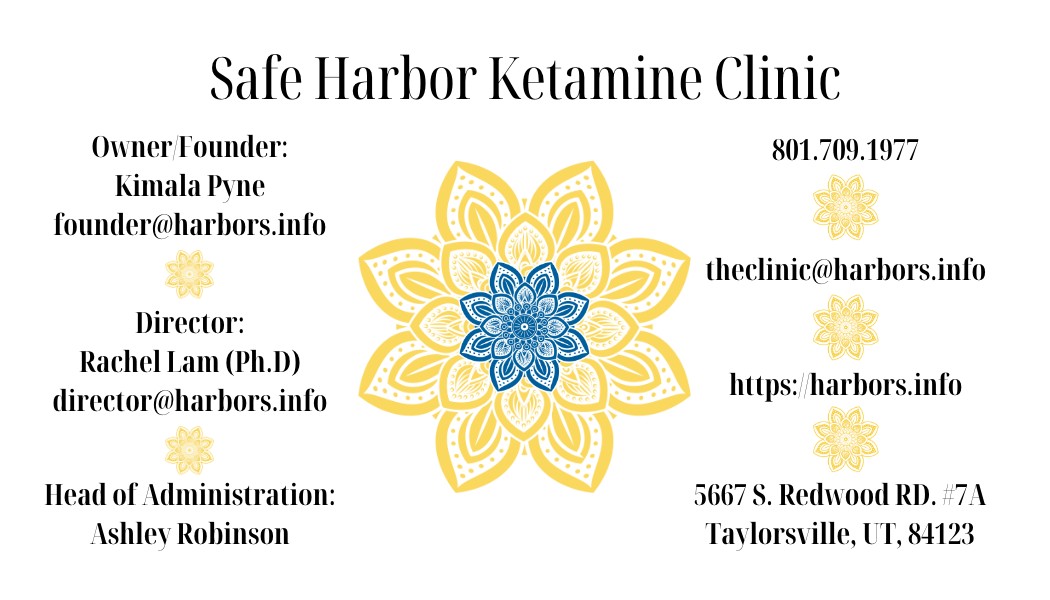
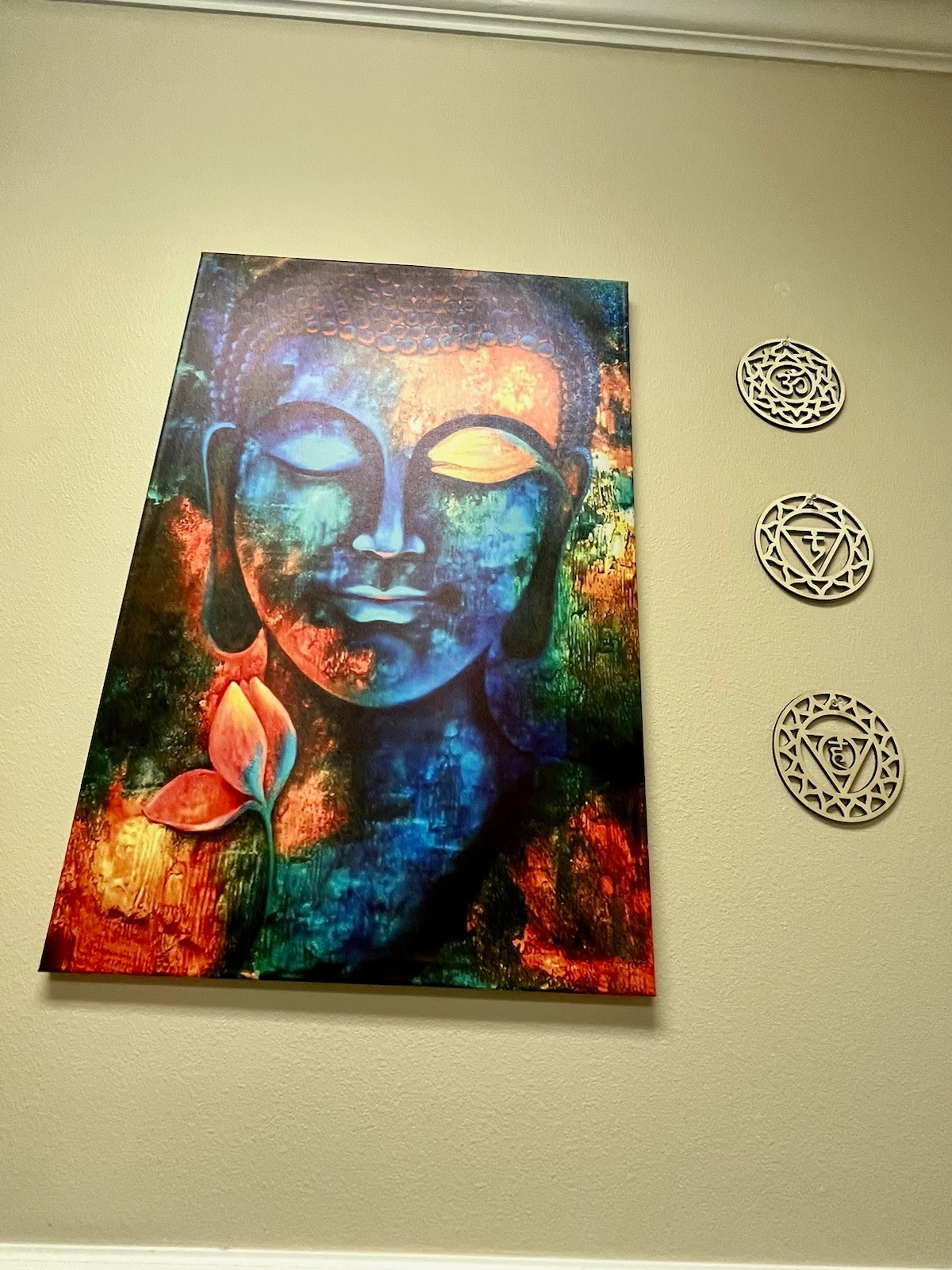
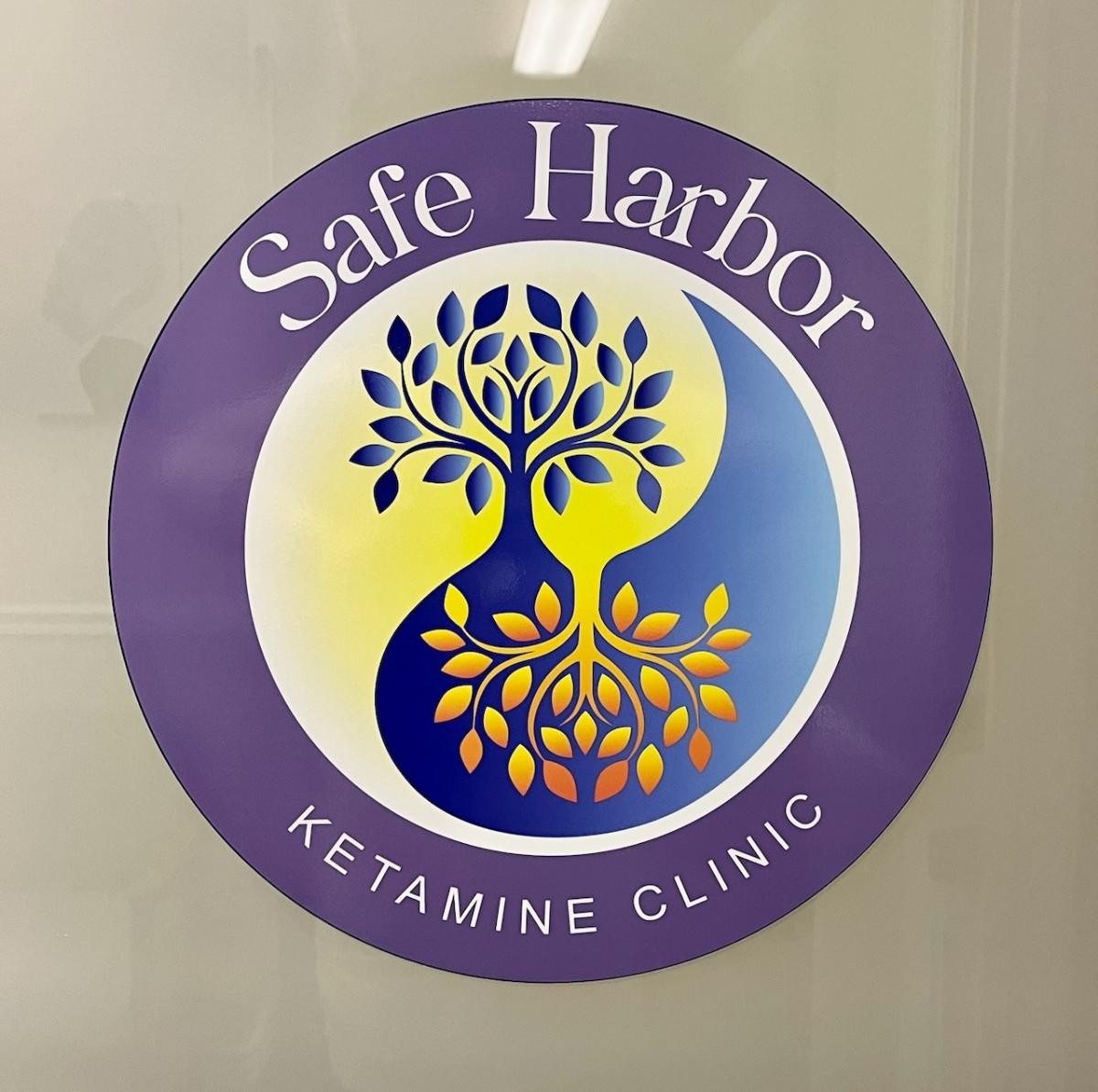
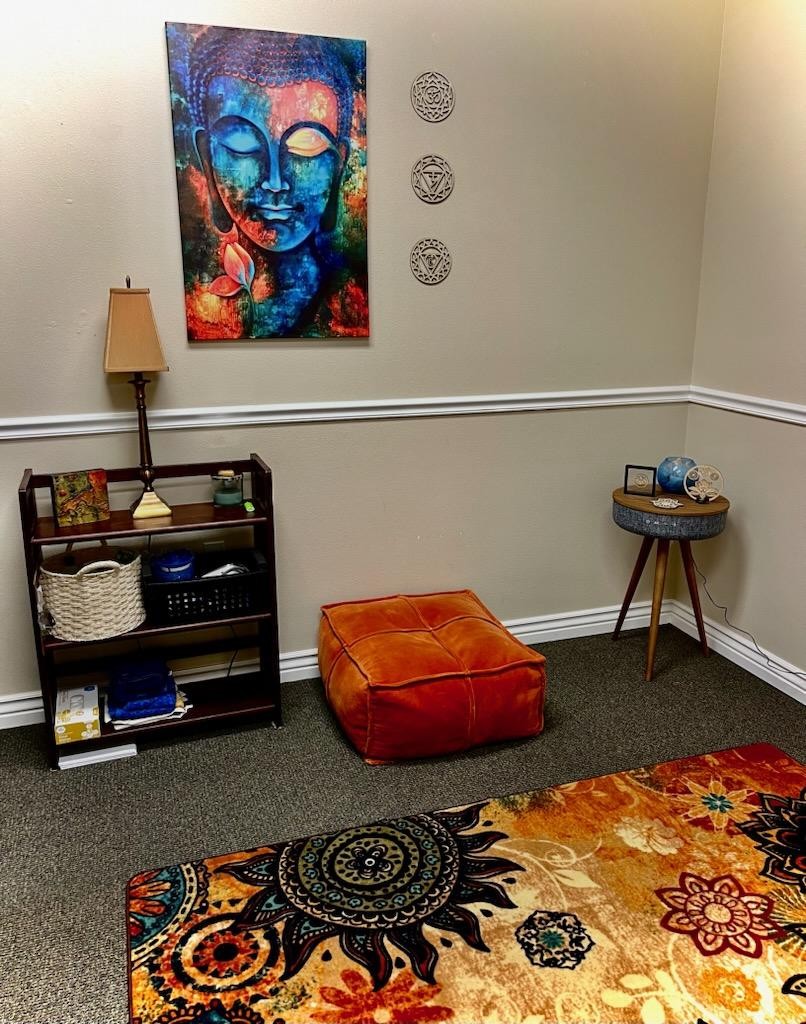
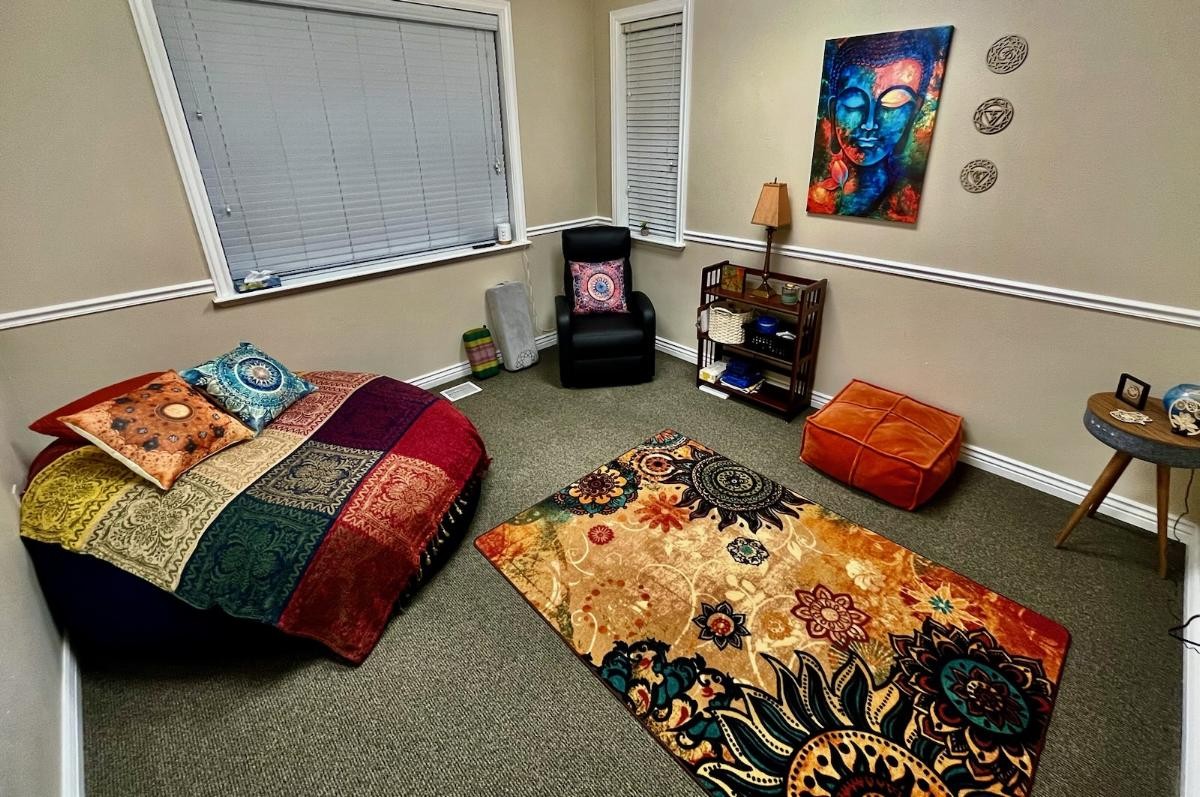
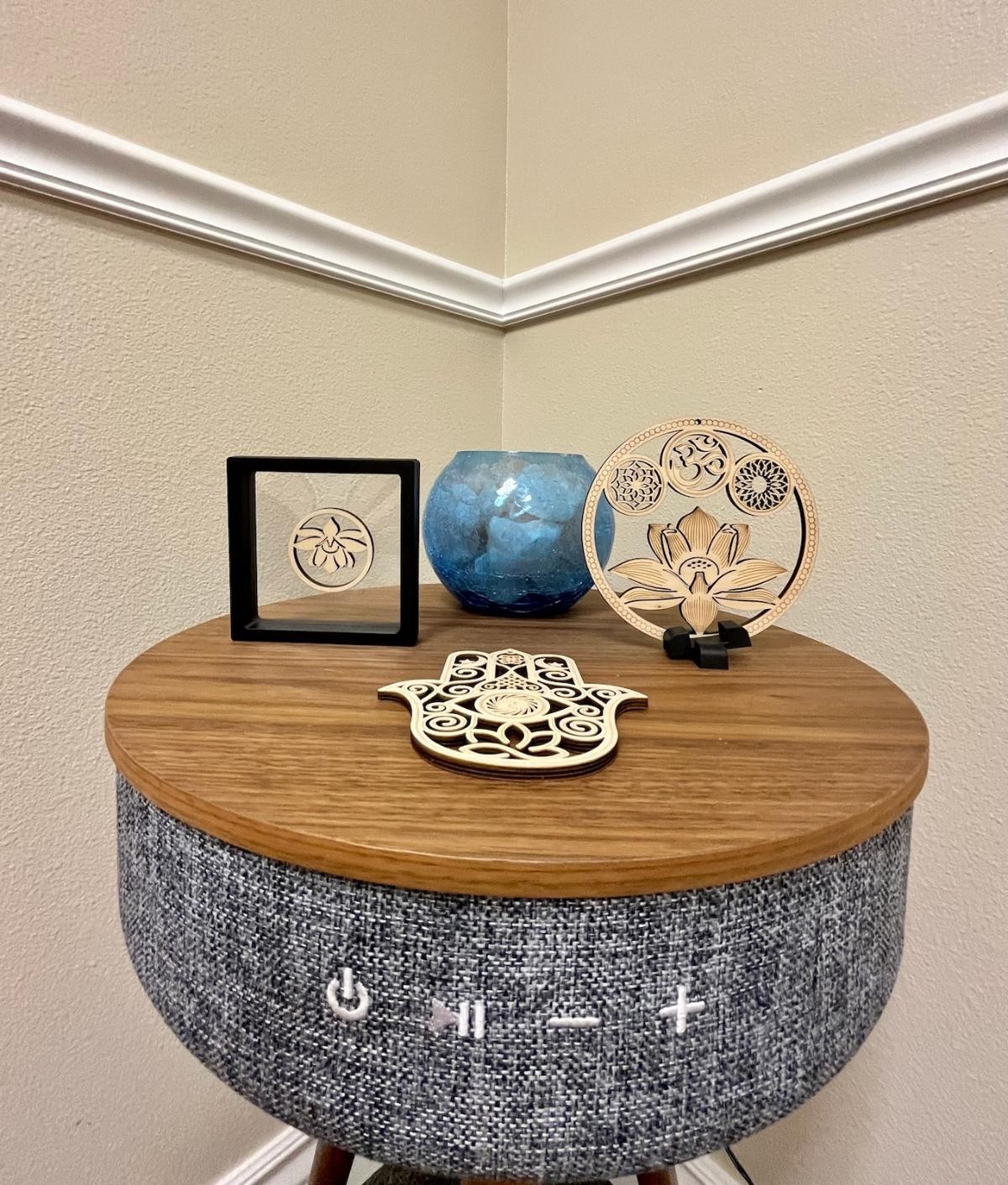
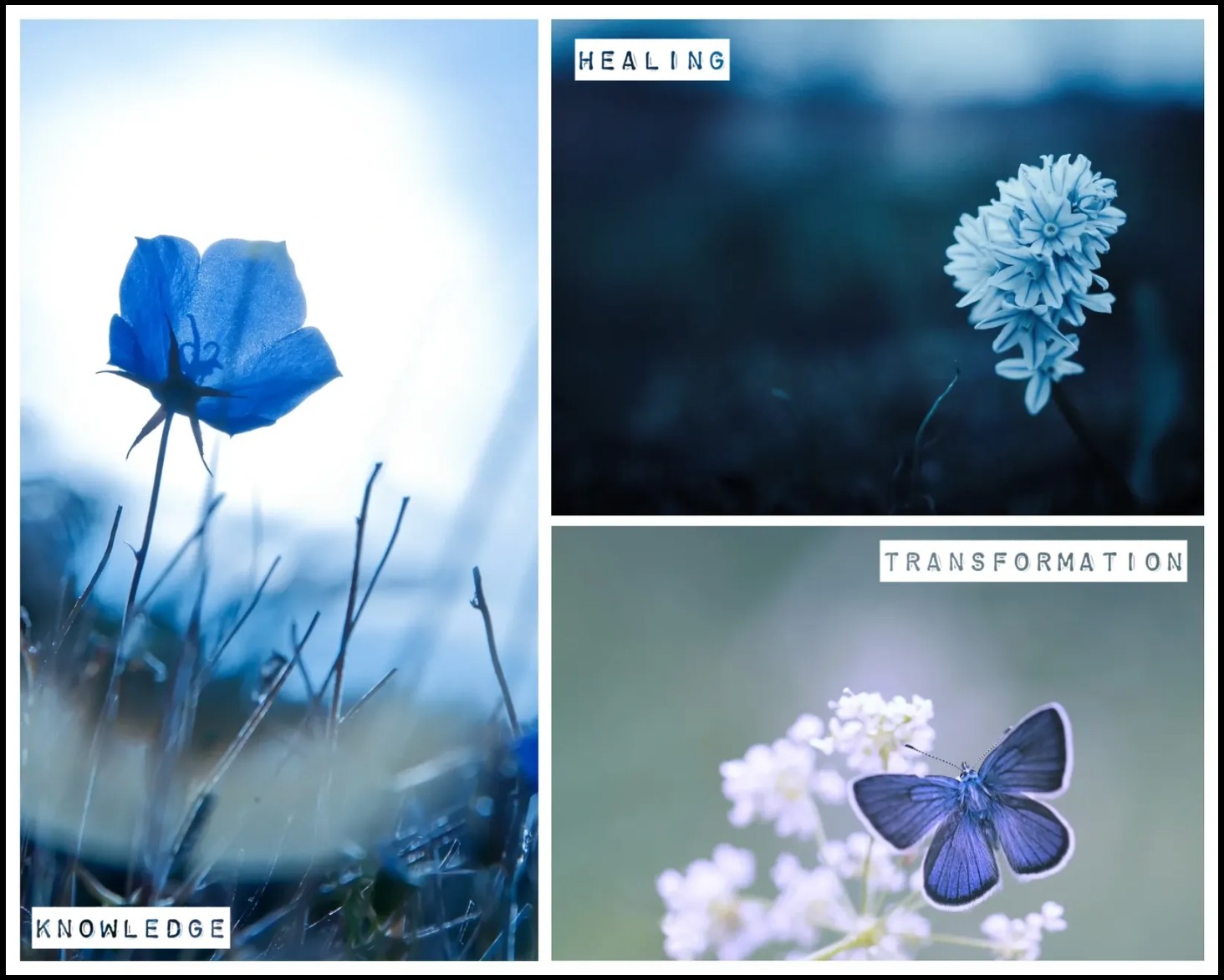
Image Credits
Ashley Robinson











